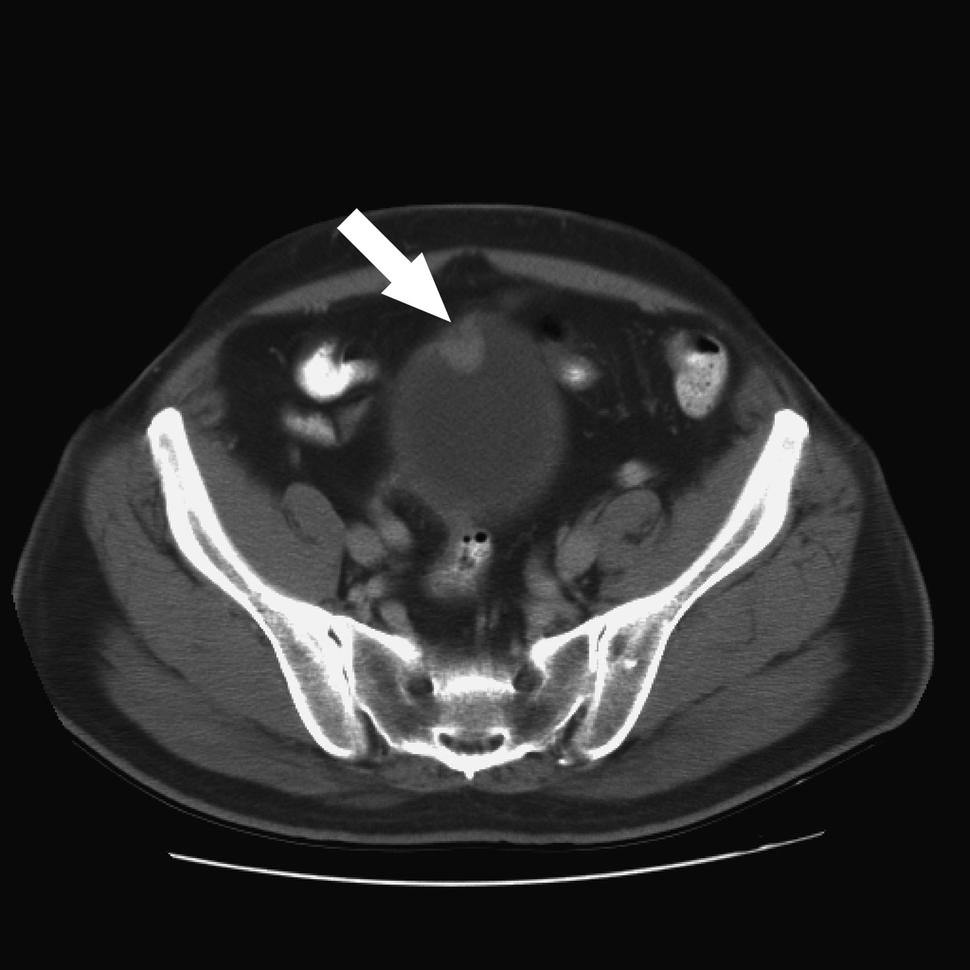Bladder Cancer GWAS Reveals Novel Susceptibility Loci
, by Elise Tookmanian, Ph.D.
A meta-analysis of data from 32 bladder cancer genome-wide association studies (GWAS) revealed novel genetic loci and enabled the creation of a new polygenic risk score (PRS) associated with bladder cancer risk. Combining this PRS with smoking history and other established risk factors allows for further stratification of patients according to lifetime absolute risk of bladder cancer. These results were published in European Urology on May 19, 2023.
This large international effort was led by Stella Koutros, Ph.D., investigator and Nathaniel Rothman, M.D., M.P.H., M.H.S., senior investigator in the Occupational and Environmental Epidemiology Branch and colleagues in the Laboratory Translational Genomics, Integrative Tumor Epidemiology Branch, Metabolic Epidemiology Branch, Trans-Divisional Research Program, and other collaborators. The meta-analysis leveraged data from 32 GWAS which included over 13,700 bladder cancer cases and over 343,000 controls of European ancestry. The investigators identified eight novel bladder cancer susceptibility loci and improved signals in three known regions. Leveraging a total of 24 independent loci, the researchers were able to construct a PRS for bladder cancer risk.
Cigarette smoking is the leading risk factor for bladder cancer and interactions between genetic variants and smoking have been previously identified. This study identified novel interactions with genetic susceptibility variants and smoking, with some variants showing higher risks in smokers and others in never-smokers. In addition, investigators found an interaction between a well-known bladder cancer susceptibility gene and sex. Interestingly, the risk was stronger in women compared to men, although generally men have a higher risk of bladder cancer than women.
Combining the constructed PRS with known risk factors like smoking status, the researchers were able to further describe the lifetime absolute risk of bladder cancer. These results may one day help identify individuals with elevated genetic risk who may benefit from more intensive preventive strategies or be directed to increased clinical management.
The authors note that the current study used only data from individuals of European ancestry. In the future, an important goal will be to conduct larger, more diverse GWAS.
Reference
Koutros S et al. Genome-wide association study of bladder cancer reveals new biological and translational insights. Eur Urol. 2023.
